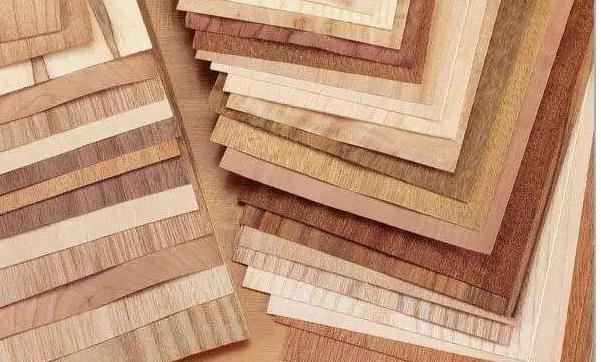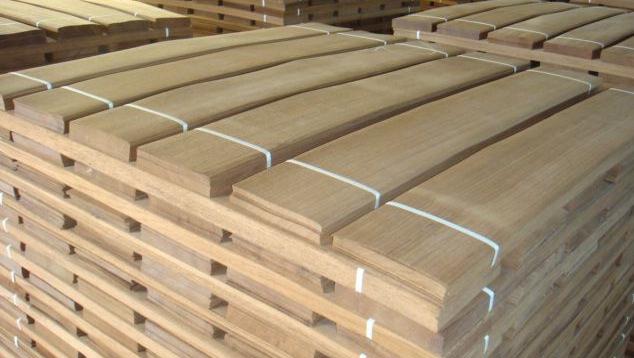contacts:Mr. xiong
phone:18665576061
Tel:18665576061
Add:No.35 huangcun Rd,Tianhe District,Guangzhou china
Wood veneer is a thin slice of natural wood used for decorative surfacing in furniture, cabinetry, and interior design. It offers
the beauty of solid wood at a lower cost and with greater sustainability. Below are the most common types of wood veneer。
Natural veneer is sliced or peeled directly from logs, preserving the authentic grain and color of the wood. Popular species
include:
Oak Veneer: Durable with prominent grain, ideal for traditional and rustic designs.
Walnut Veneer: Rich, dark tones with smooth texture, perfect for luxury interiors.
Maple Veneer: Light-colored with subtle grain, often used in modern and Scandinavian styles.

Made from dyed and compressed wood fibers, reconstituted veneer offers uniform color and pattern. It is commonly used for
commercial projects where consistency is key. Examples include:
Bleached Veneer: Light-toned for a contemporary look.
Stained Veneer: Enhanced with pigments to mimic rare wood species.
Sourced from rare or imported trees, exotic veneers provide unique aesthetics:
Ebony Veneer: Deep black color with a luxurious finish.
Teak Veneer: Highly durable with natural oils, suitable for high-moisture areas.
Bubinga Veneer**: Vibrant reddish-brown with intricate figuring.

These veneers feature distinctive natural patterns caused by irregular grain growth:
Bird’s Eye Maple: Small swirls resembling bird’s eyes.
Quilted Maple: Wavy, three-dimensional texture.
Burr (Burl) Veneer: Irregular, swirling grain for dramatic effect.
Each type of veneer offers unique aesthetic and functional benefits, making it essential to choose the right one based on
design needs, durability, and budget. Whether for high-end furniture or architectural paneling, wood veneer remains a
timeless choice for elegant interiors.